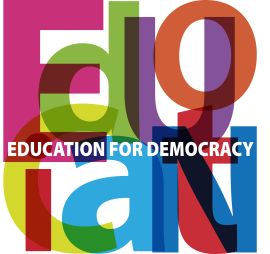“By listening to the words of students, parents, and educators, we have come to better understand the challenges they encounter. Their voices are our compass, pointing the way to thoughtful, evidence-based action that makes each student safe, supported, and valued in their school” was the key message from the dedicated Task Force Group meeting convened on 30-31 January 2025. The meeting brought together representatives from the Serbian Ministry of Education and the research team to exchange views and analyse findings from Serbia’s first-ever National Survey on peer violence, bullying, and student well-being in schools.
The survey, which gathered input from nearly 5,500 students, parents, and school staff, provided a comprehensive understanding of peer violence, digital and gender- based violence and its root causes. It also offered valuable data on key aspects such as factors for students’ well-being, school climate, predictors of victimisation, programme effectiveness, parenting styles and family dynamics, teacher and staff insights, and school-level comparisons.
The discussions focused on reviewing the data and identifying key trends and areas requiring immediate attention. The findings will serve as a foundation and guide the subsequent work on fostering students’ well-being and peer relations in Serbian schools. Moving forward, a set of Policy recommendations and Roadmap will be developed within the project through an inclusive process involving students, parents, teachers, policymakers, and experts which will ensure that the recommendations align with actual needs, fostering sustainable solutions to reduce bullying, strengthen support systems, and develop safer school climates.
A comprehensive report of the major findings and suggested interventions will be finalised and made publicly available in the coming months, thereby promoting transparency and facilitating effective action towards the development of safer and more inclusive school communities.
This Project is implemented by the Council of Europe and funded by Germany. It is implemented in co-operation with the Ministry of Education of the Republic of Serbia from January 2024 to December 2025. To learn more about the project, visit the project’s webpage.




